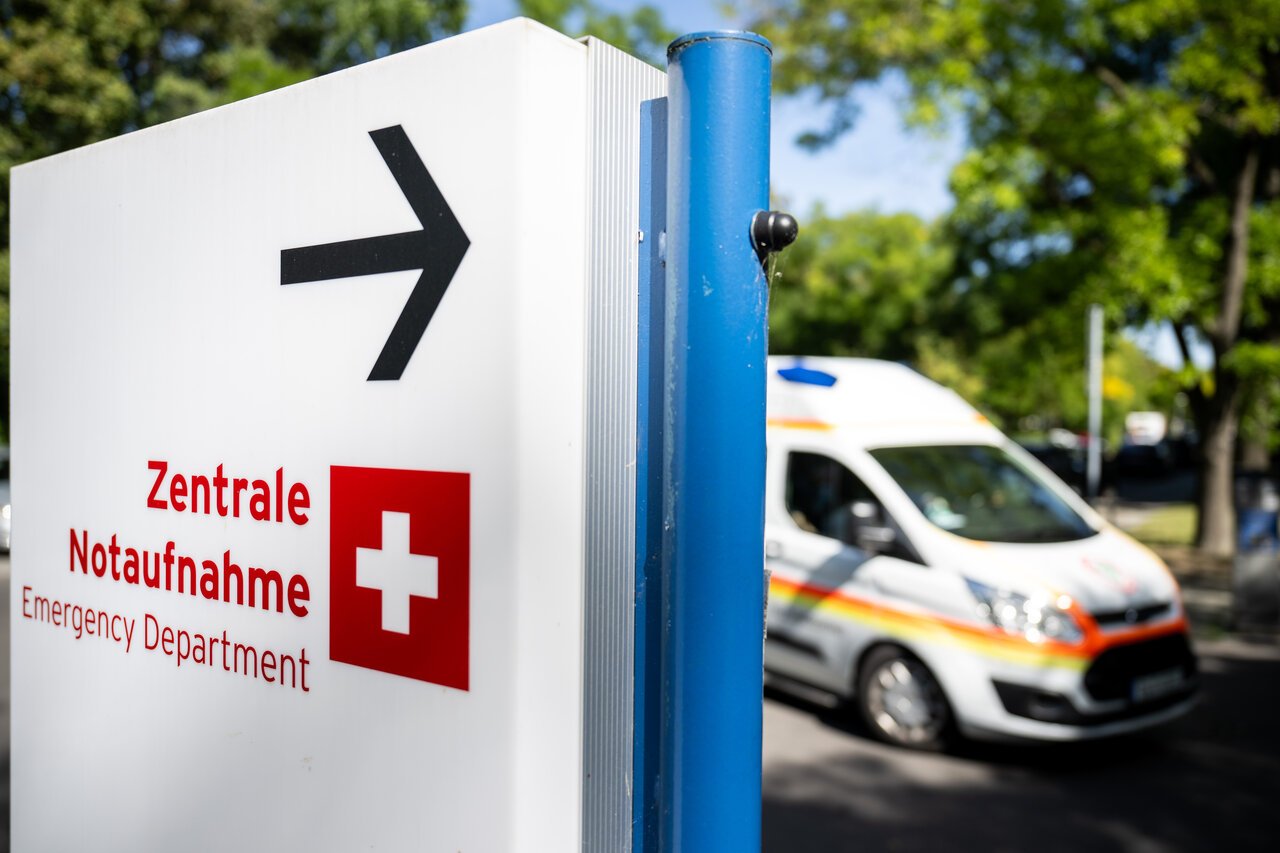Germany’s highest court – the Bundesverfassungsgericht (Federal Constitutional Court) – has ruled that daycares and day homes can legally require parents seeking to put children in their care to ensure their kids are vaccinated for measles.
Children who have recovered from the disease, even if they’re not vaccinated—and thus have immunity—would also be eligible for care.
The court was hearing an appeal into a law passed by the German parliament (the Bundestag) in 2019 requiring that parents prove their child’s vaccination to attend daycare.
Because school attendance is compulsory in Germany, such a vaccine mandate isn’t legal for schools. The Court reasoned that daycares can still require vaccination because attendance there is voluntary.
READ ALSO: Measles vaccination to become compulsory in Germany
The court acknowledged that vaccine mandates infringe upon parental rights, but argued that such infringements were proportionate given the need to protect vulnerable groups the children might come in contact with—such as pregnant women or the immunocompromised.
“In view of the very high infection risk with measles and the associated risk of a severe case, the risk to third parties is considerable,” court judges wrote.
Less than 95 percent of the German population has been vaccinated for measles, which is believed to be considerably more infectious than Covid-19. As such, measles outbreaks still occur in Germany.
Federal Health Minister Karl Lauterbach hailed the move as “good news” for parents and children.
“Anyone who is cared for or works there must be able to demonstrate protection,” Lauterbach said. “And for everyone else, measles vaccination is a common sense requirement.”




 Please whitelist us to continue reading.
Please whitelist us to continue reading.
Member comments